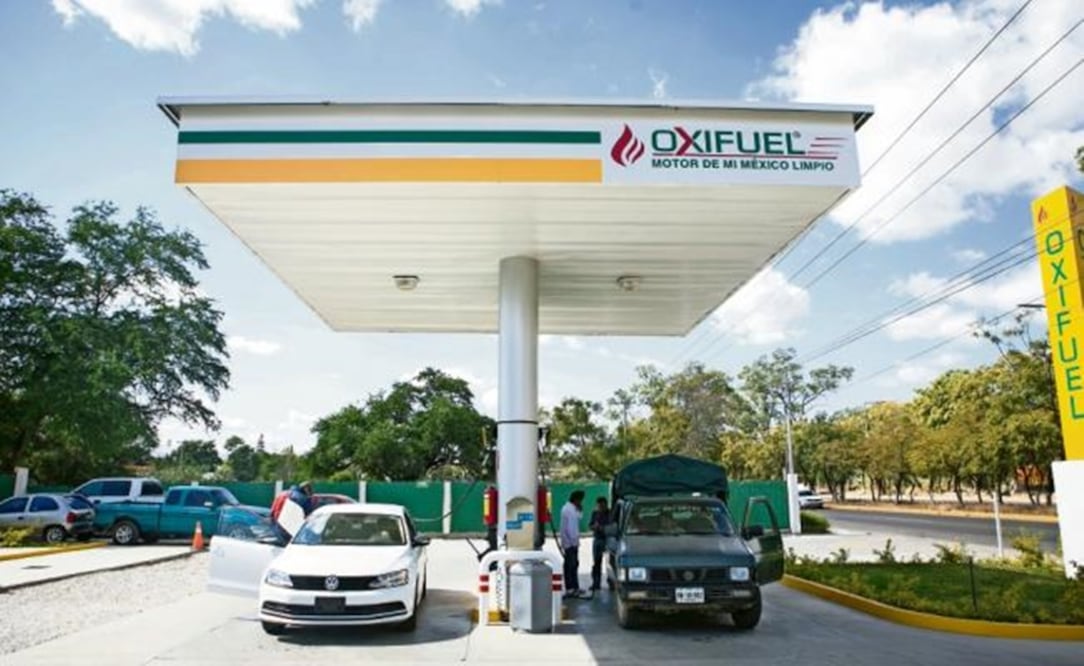Más Información

En SLP nunca ha existido una gobernadora y ahora hay una posibilidad real que así sea, asegura Ricardo Gallardo tras aprobación de "Ley Esposa"

Morena analiza disminución de pluris y elección popular de consejeros del INE: Monreal; serán revisadas en la reforma electoral, dice

Rastro de jets vinculados al narcotráfico lleva a un vendedor en California… y a un punto ciego de la regulación aérea en Estados Unidos

Secretaría Anticorrupción sanciona a dos empresas por buscar contratos con información falsa; imponen multa de miles de pesos

Banxico se despide de 2025 con otro recorte a la tasa de interés; queda en 7% por ajuste de 25 puntos base
The lack of fuel supply Oaxaca experienced in 2015 led Martín Gómez, a taxi driver, to use ethanol as an alternative to gasoline. Since then, he has become a loyal customer of this fuel, made from sugar cane, that with 113 octanes performs better than gasoline and provides a more controlled and even combustion.
For his 2014 car, Martín mixes 50% of regular gas and 50% of ethanol and thus far has seen no problems with the engine of his vehicle. “I save MXN$100 [USD$5.2 approx.] per day,” says the taxi driver.
Although many were already using ethanol in Oaxaca, the sale of this biofuel began officially in 2016, when three stations opened in the capital city of the state and its surroundings. Over a year after their opening, the stations claim they have had a customer increase of up to 50%, following the gasoline price hike. Now, after the gasoline deregulation, they expect to gain even more clients.
Rosalina Hernández, a representative of the Oxifuel company, which has sale points in five states of Mexico, claims their number of clients has increased because this biofuel isn't trying to replace gasoline but rather, serve as an additive.
Therefore, ethanol – which exceeds the octane rate required by law – needs to be combined with regular gasoline, in a ratio anywhere between 10% and up to 50%, according to the model of the vehicle, to get the 92 octanes found in premium gasoline.
Hernández rejects the claim that ethanol is harmful to the vehicle and maintains this substance is environment friendly and a way for vehicle owners to save some money, as the price per litre is MXN$13.50 (USD$0.67) – compared to premium gasoline, which this year reached the MXN$18 (USD$0.93) per litre.
“We're talking about a difference of four pesos per litre, and [ethanol] releases a lesser amount of carbon dioxide as it is a 100% natural product.”
The arrival of ethanol took Mexican legislations by surprise, at least according to Rosalinda Hernández, who says they have gone before Mexico's Consumer Protection Agency (PROFECO) to have their fuel pumps regulated – like any other gas station must – yet the agency replied that given the lack of a law in Mexico on ethanol as a fuel, they can neither regulate their operations nor grant them a certification.
am
Noticias según tus intereses
[Publicidad]
[Publicidad]








